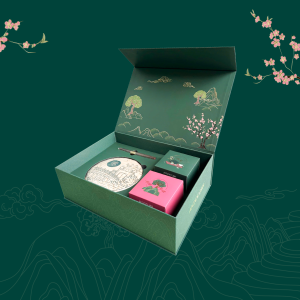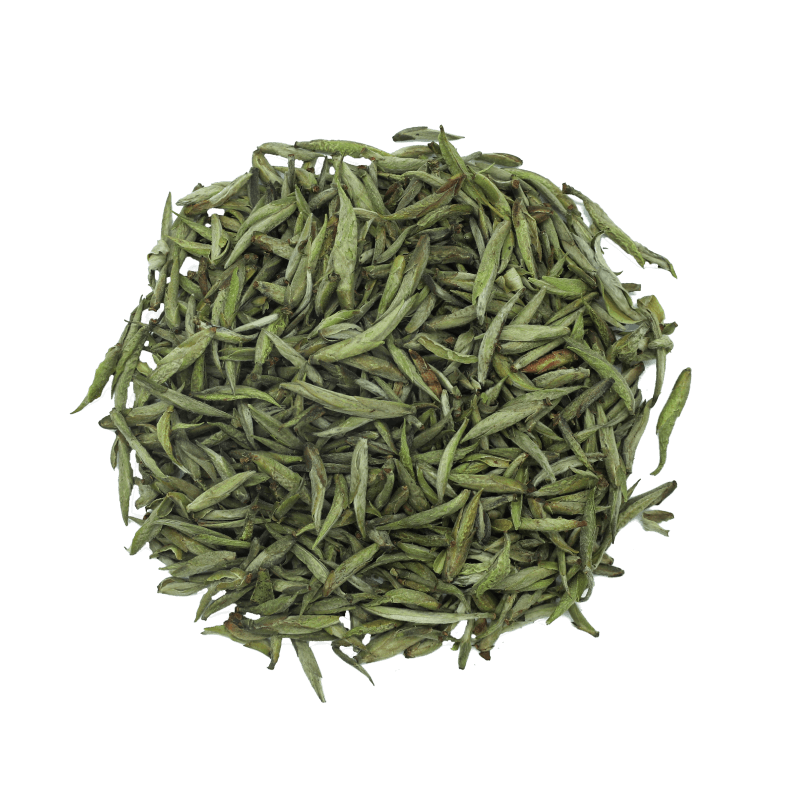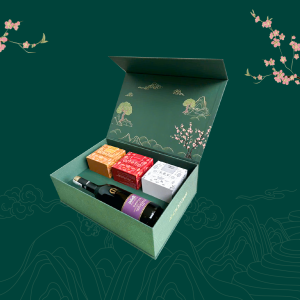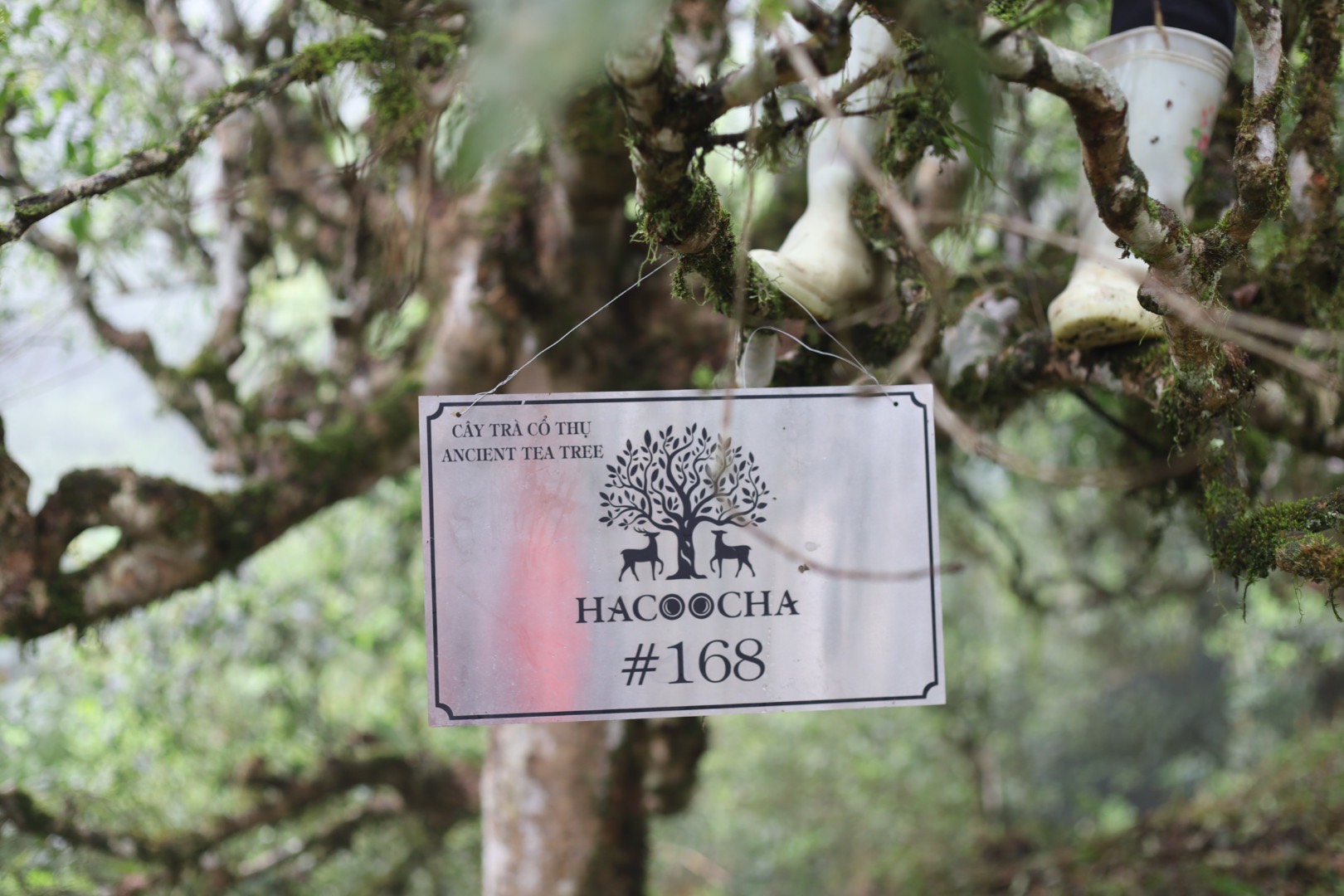
Interesting facts behind the brand name HACOOCHA
Hacoocha with 2 meanings - derived from the name of the raw material area - Ha Giang Co Tra and when finished products
Hotline
Hacoocha
Simple, pure jasmine flower represents sweet romantic love in many countries, the fragrance of jasmine tea makes people admire by its refreshing taste and gentle fragrance.
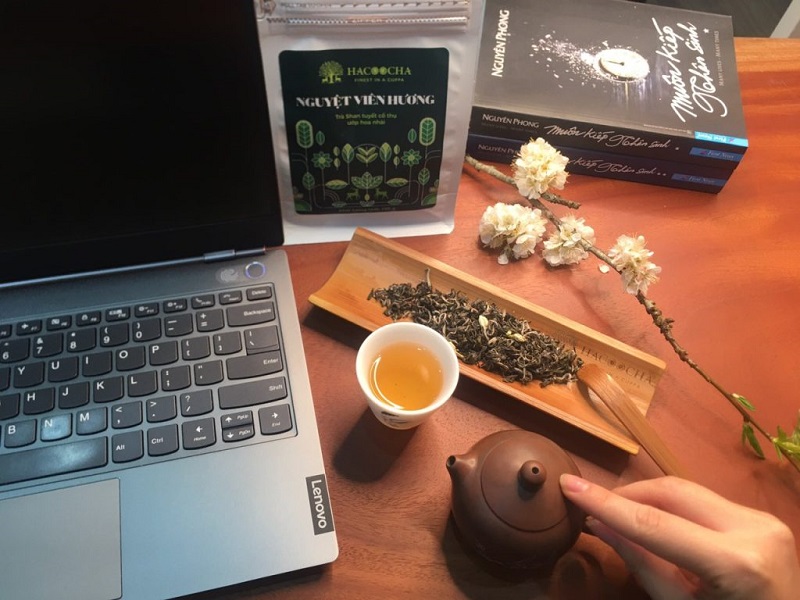
I. Origin and history
According to the History Book, the jasmine flower originated in ancient Rome. Originating in the Han Dynasty, jasmine was brought to India via the Maritime Silk Road and became a sacred flower of Buddhism, first appearing in Vietnam.
In Vietnam, the wave of adding flavoring to tea is very popular and goes back hundreds of years to the present day. Perfume was a health product and a medicine in ancient culture, while tea was considered a panacea to treat all kinds of ailments. At that time, there were many kinds of flavored tea, however, over time, many flowers were eliminated, then only five or six kinds of flowers were used to flavor the tea, of which jasmine accounted for 96 %, hence the popularity of jasmine tea.
II. Create scent
The fragrance making process, also known as "weaving incense", begins with picking high-quality spring tea, then spreading the tea flat on the floor of the room or in the aromatherapy box. A layer of tea alternates with a layer of flowers to 3-5 layers, jasmine flowers bloom in the evening, then cut them out from the cross section at intervals, mix well.
Under normal conditions and temperatures, jasmine flowers will emit fragrance for 24 hours. While emitting incense, the flower is pressed by tea, hindering the normal breathing process, leading to a weakened flower's vitality and shortening to 12 hours. Through inspection and observation, after releasing fragrance for 5 hours, jasmine enters the fragrance phase, when respiration increases, the evaporation of aromatic oil accelerates, so during this time, flowers and The tea must release its scent in time to avoid the loss of floral fragrance into the air. Therefore, the key to the jasmine marinating process lies in controlling the bloom of the jasmine flower, then quickly marinating it to ensure that the tea buds can fully absorb the floral aroma.s
After 10-12 hours of incense weaving, the tea buds absorb all the saturation, the flowers and buds must be separated, otherwise, under the effect of moisture and temperature, the flowers will turn yellow and have an alcohol smell, affecting to the quality and aroma of flower tea. If the amount of flavoring is large and it is too late to separate them, they must be spread and dried with a dryer to retain the moisture and roasting temperature of the tea. After drying, it is necessary to cool down through long-time transportation or using a wind machine, but do not expose to strong winds to avoid unnecessary aroma loss. After cooling, the temperature of the tea should not exceed 40 ℃, in fact, the colder the better.
IV. Benefits of jasmine tea
George Savors once said, “Jasmine is always white, whether at dusk or at dawn.” Simple, pure jasmine flower represents romantic and sweet love in many countries, the aroma of jasmine tea makes people admire by its refreshing taste and gentle fragrance. So what are the benefits of jasmine tea?
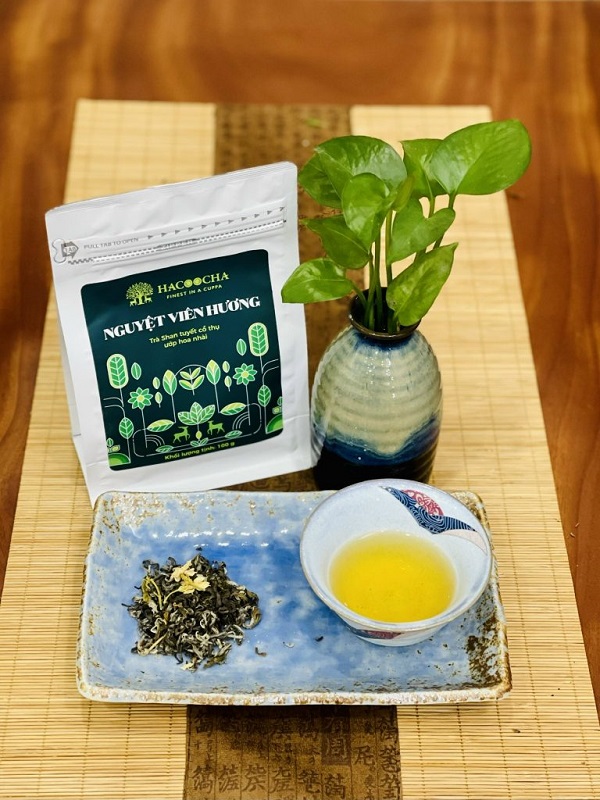
1. Relax the Mind
Jasmine contains a substance that can evaporate mucus to achieve the purpose of softening dry stools, dissipating mass as well as reducing bloating. All in all, this is a perfect dietary remedy for pain relief. The scent of jasmine tea can trigger a parasympathetic response, releasing chemicals that help the body relax and comfort.
2. Analgesic and anti-inflammatory effects
Jasmine has an inhibitory effect on bacteria, suitable for both oral and topical use to treat red eyes, aches, skin sores, etc.
3. Clean the oral cavity
Jasmine tea contains fluorine, which is closely related to calcium on the teeth, so they can form apatite, which is difficult to dissolve in acids. It acts as a protective layer for the teeth to improve its antacid and anti-cavity effects.
4. Prevent cardiovascular and cerebrovascular diseases
Jasmine tea also has the function of relaxing the tendons, warming the muscles, and is good for the heart and liver.
5. Digestive Support
Jasmine tea can warm the spleen and stomach, clean the internal organs to help the digestive system work properly.
(Collector)

Hacoocha with 2 meanings - derived from the name of the raw material area - Ha Giang Co Tra and when finished products
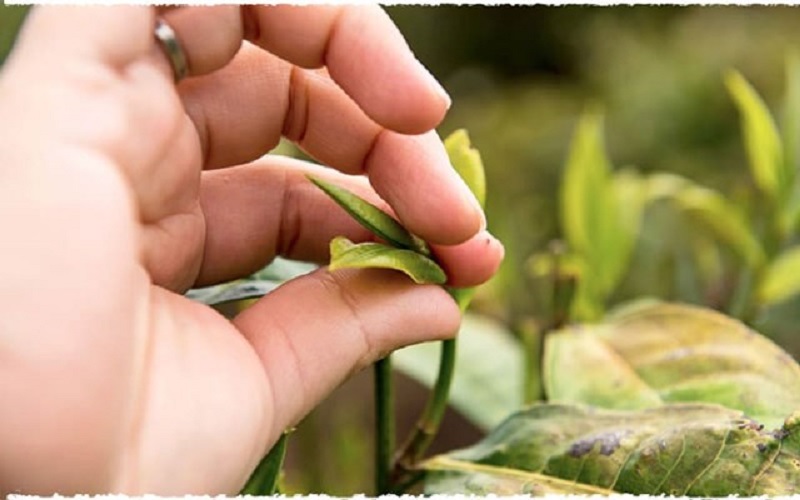
The cup of tea not only has different flavors by type and production area, but it is also greatly influenced by the season
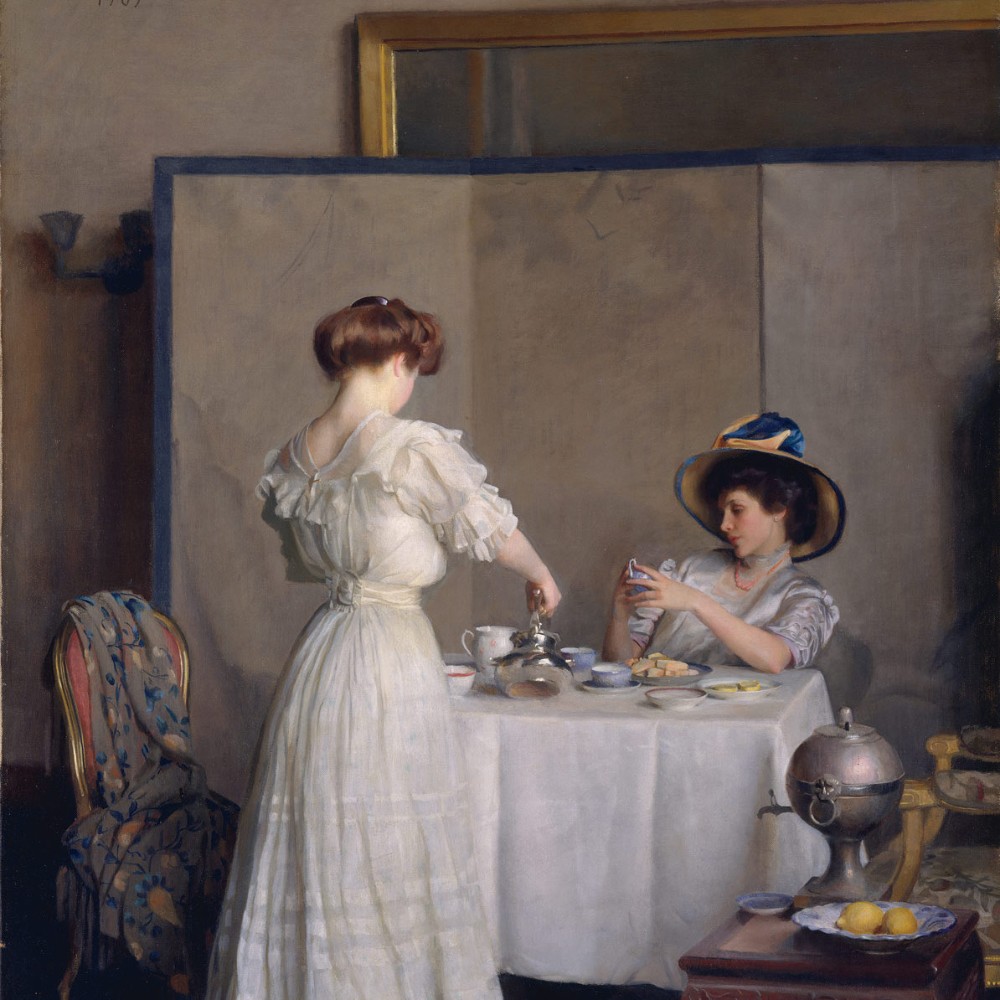
Nét văn hóa thưởng trà từ lâu đã hình thành nên một lối sống đặc trưng tại phương Đông. Thưởng trà là cả một quá
